Sustainability is in consumers hearts this Valentine’s Day
Growing demand for sustainable food and beverage packaging
Sustainability – especially around consumable goods – is high on consumer’s agendas. But while sustainability is a ‘hot topic’ and is a global trend, sustainable packaging for foods, beverages and consumable goods is arguably taking center stage.
Approaching sustainability and the shift towards eco-friendly materials in food and beverage packaging aren’t the same across all regions of the world, however. In Europe, sustainable packaging is at the front of customers minds, but is also backed by EU policy. In the US, there’s no such equivalent ‘blanket’ regulation, but customer desire and local authority’s decision-making is setting the pace and demand for sustainable equivalents to plastic packaging materials. As examples, Seattle banned plastic straws back in 2018, along with plastic cutlery. The US state of New York will ban plastic bags in March of this year.
Since 2016, plastic bags typically have to be purchased by consumers in Europe and even then, it’s common to be offered paper bags instead of the traditional plastic equivalents. The move was brought about by the EU’s concern that its citizens were using plastic bags at a rate of 100 billion bags each year. By 2025, the EU’s policies aim to reduce plastics bag consumption by 80%.
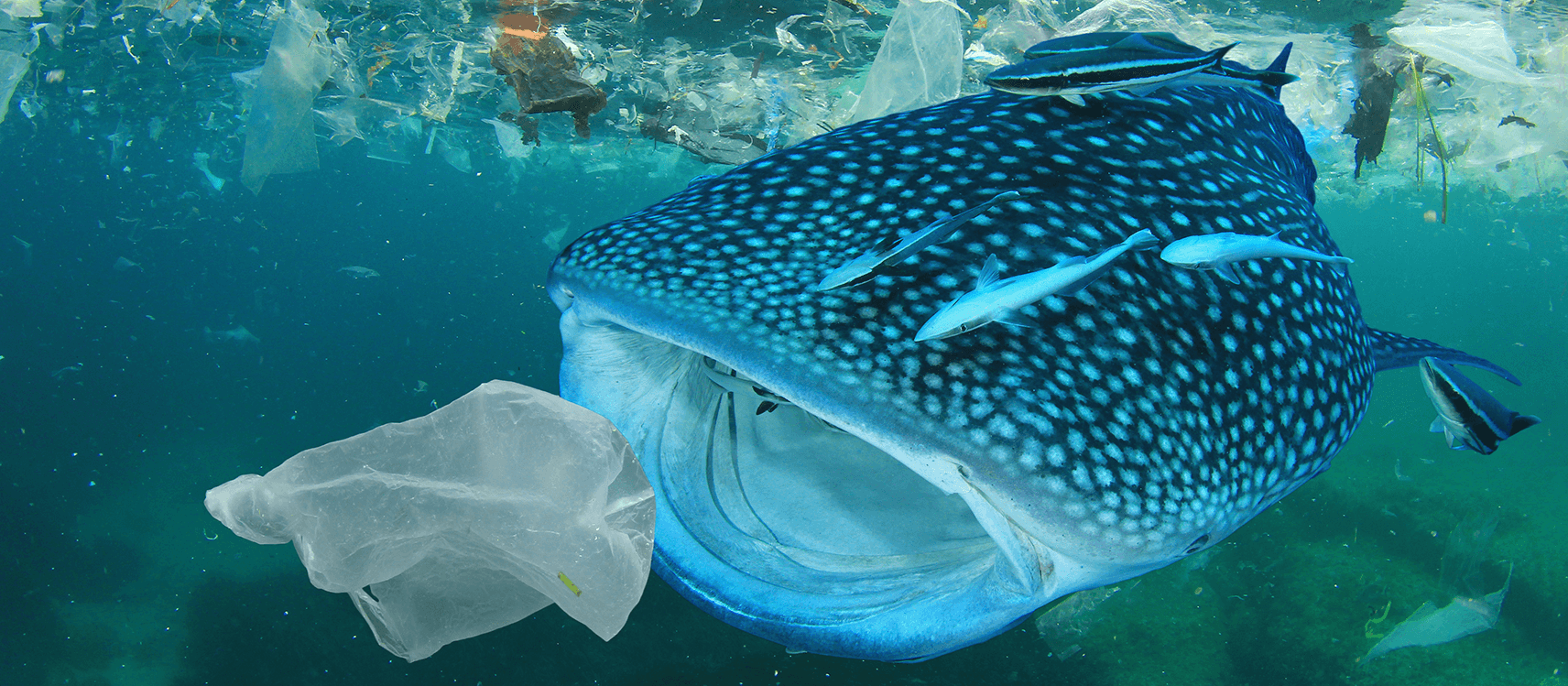
In Asia, governments are also looking to move to sustainable materials, especially for single-use products. For the countries in the region that rely heavily on tourism, shifting to sustainable packaging is a priority, but also those looking to seek interest from green-minded investors who want to see more being done to embrace eco-friendly materials.
Even China, which has in the past found it difficult to shift to sustainable materials, has announced that it wants to cut back on plastics and use more recyclable and eco-friendly materials. Degradable carrier bags will be obligatory in major urban areas by the end of this year – a policy that will encompass the all towns and cities by 2022. Plastic straws will be banned in restaurants by the end of 2020.
Multinational companies are also setting the pace for change. Leading restaurant and take-out brands are working hard to move towards more sustainable alternatives for everyday items. This is driven by a mix of customer demand, but also their own desire: sustainable materials are increasingly seen as one of the foundations of sustainable and successful businesses in the long-term.
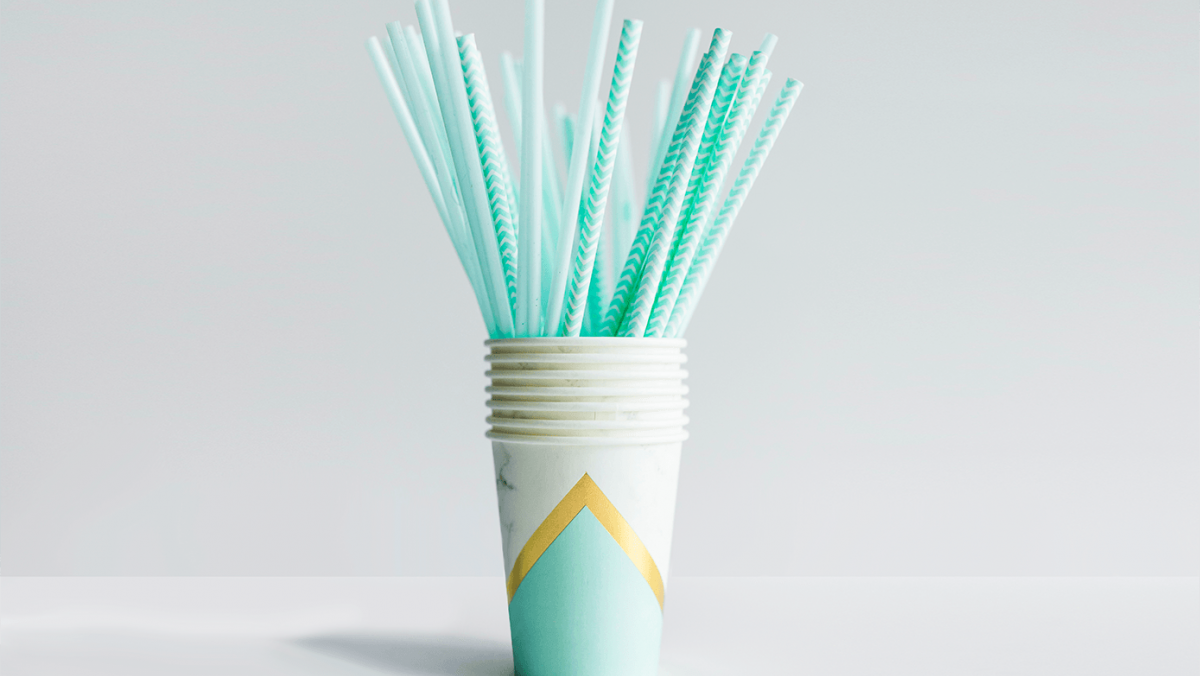
The first priority: eco-friendly packaging options
It’s important to note that moving away from materials that aren’t easily recycled can only really be moved when there are alternatives. The move away from plastic straws only really became mainstream when there were viable alternatives like paper or lifetime steel straws were widely available for use instead. Therefore, while the desire is high, it’s also important to ensure that developing eco-friendly options and building awareness around them are part of the larger narrative.
Eco-friendly chocolate wrapping: close to our hearts this Valentine’s Day
While consumer demand is driving change in the packaging and labelling industry, most understand that switching to sustainable materials isn’t a quick process. Companies are moving quickly, but there are a number of factors that have to be taken into consideration.
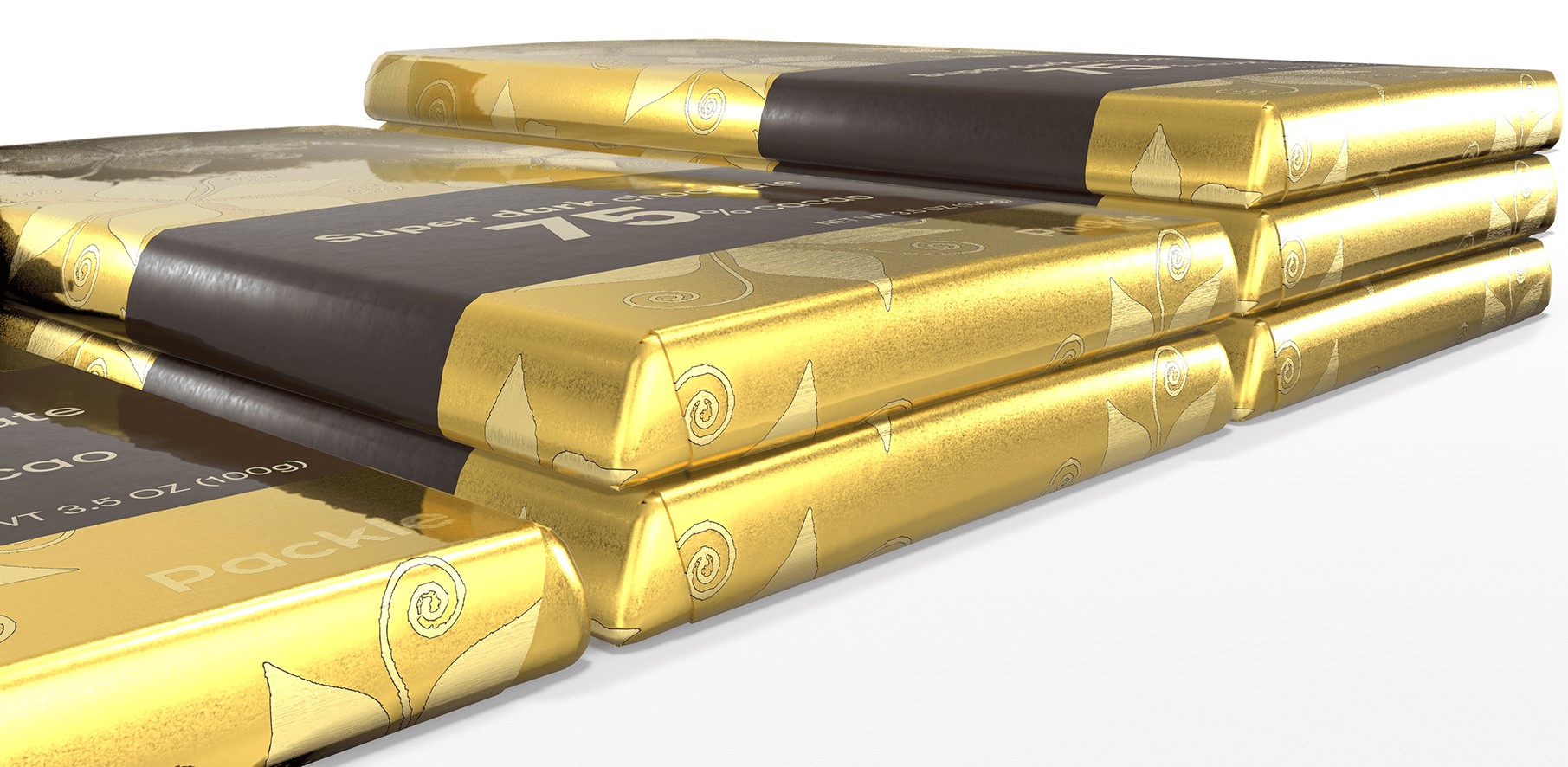
Chocolate is the perfect example: eco-friendly wrapping materials might be a key priority, but so is visual appeal and technical properties.
Many chocolate producers have marketed their products around a rich, decadent and premium product, and glossy, shiny looks for chocolate wrapping are a firm preference for consumers and the brand itself. Especially for larger, multinational companies that have household-name chocolate brands, moving towards recyclable packaging for chocolate can’t come at the cost of the premium look of their chocolate bars, nor at the expense of losing the technical properties of the wrapping that protect their goods before and after sale.
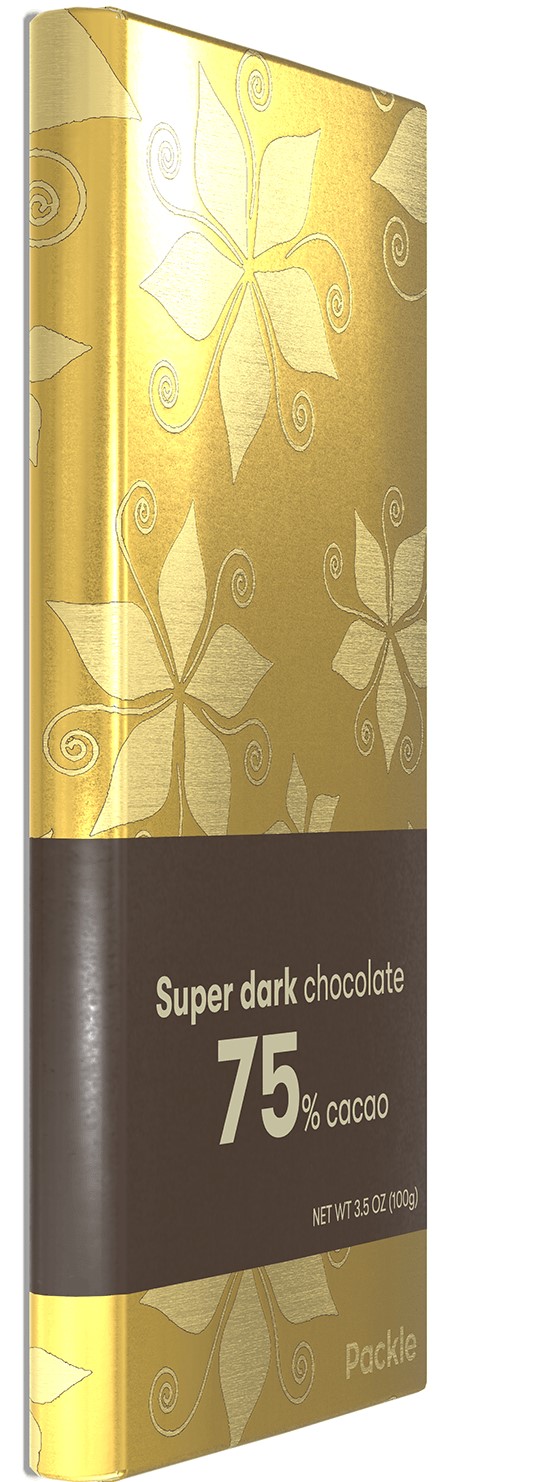 While most chocolate producers are keen to move to eco-friendly packaging, particularly those manufacturers that have used PET in the past are eager to maintain ‘one-stop-shop’ wrapping. By this, we mean using a chocolate wrapper material that is suitable for direct food contact, rather than moving to a wrap option that includes a sleeve. Speed, convenience and the trend towards simpler, less wasteful packaging lead the trend.
While most chocolate producers are keen to move to eco-friendly packaging, particularly those manufacturers that have used PET in the past are eager to maintain ‘one-stop-shop’ wrapping. By this, we mean using a chocolate wrapper material that is suitable for direct food contact, rather than moving to a wrap option that includes a sleeve. Speed, convenience and the trend towards simpler, less wasteful packaging lead the trend.
Working with a trusted producer who has the right equipment, qualifications and understanding of how to produce packaging for direct food contact is also a key consideration for brands looking to make changes to their packaging supply chain.
We produce metallized papers, approved for direct food contact. Our paper-based products are eco-friendly, recyclable and yet also offer the glossy, premium, high-quality looks favored by brands and consumers. As well as visual appeal, our chocolate wrappers also include high barrier properties, are recyclable, are adaptable for any size bar and are approved for direct food contact.
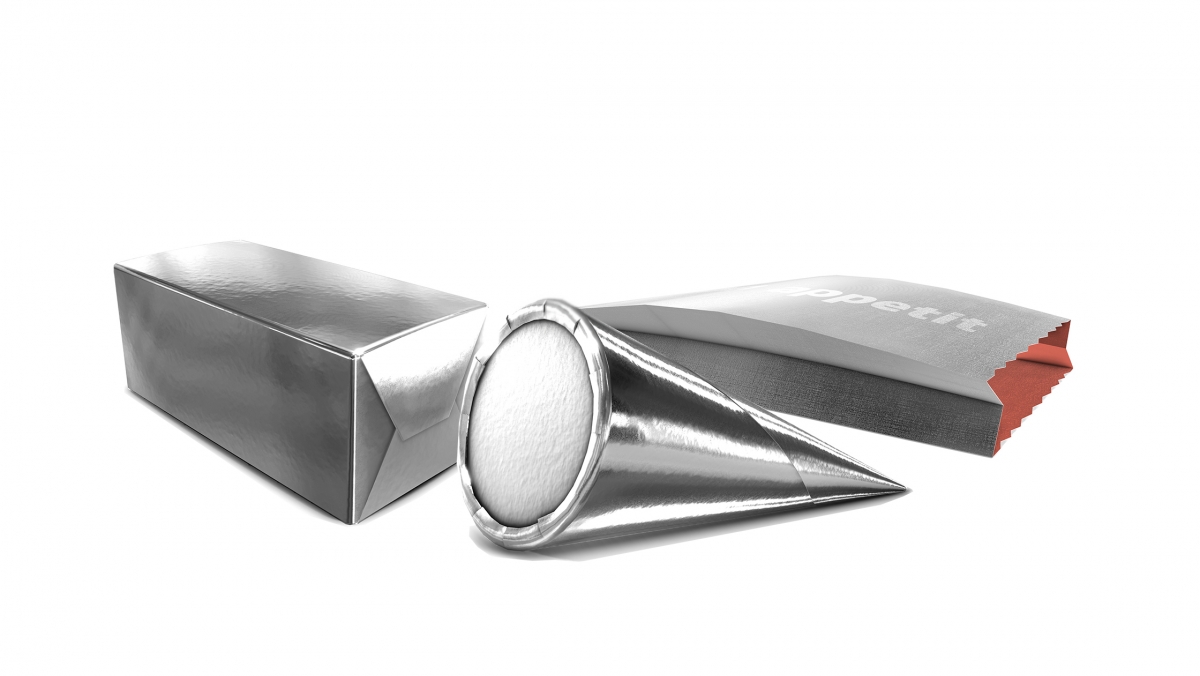
Our sustainable alternatives (including chocolate wrapping)
We have a full range of papers suitable for direct food contact, including butter wrap, stock cubes and ice cream cone packaging as well as an extensive portfolio for non-food contact applications. Our portfolio includes paper-based products that are made with water-based solvents, for especially eco-friendly and sustainable applications.